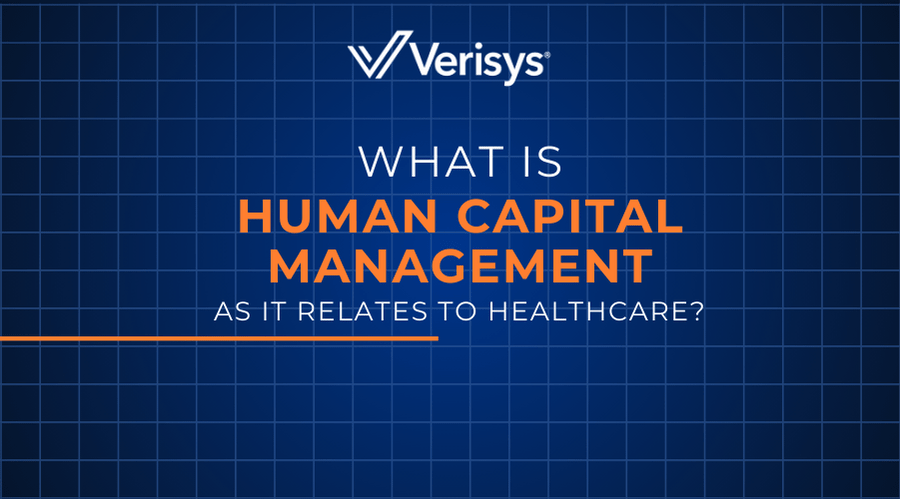– The best resource for monthly healthcare regulatory compliance updates. Compliance Updates: April 2024 Overlook: Licensure Compacts Other Legislation Board Updates Interstate Medical...


At the core, Human Capital Management (HCM) within the healthcare sector focuses on the pivotal role of managing an organization’s most crucial resource—its workforce—to achieve optimal patient care and organizational success. The healthcare industry’s intricate and ever-evolving nature demands robust HCM strategies to navigate shifts, tackle challenges, and capitalize on opportunities.
Human Capital Management (HCM) in healthcare encompasses a broad range of practices and processes aimed at effectively managing and optimizing the workforce within healthcare organizations. Given the critical role of healthcare providers in delivering care, HCM in this context goes beyond traditional HR functions to include strategies that ensure the recruitment, retention, development, and engagement of skilled healthcare professionals. The goal is to improve patient care quality, operational efficiency, and organizational performance.
HCM in healthcare is about strategically managing the most valuable asset of any healthcare organization—its people—to ensure the highest level of patient care and organizational success.
Here are the key aspects and strategies Human Capital Management (HCM) in healthcare:
Attracting and hiring qualified healthcare professionals who align with the organization’s culture and values. Effective onboarding processes are essential to integrate new hires into the healthcare system quickly and efficiently.
Developing and retaining skilled healthcare practitioners by offering continuous education, professional development opportunities, and clear career pathways. This is crucial in a field where ongoing learning and adaptation to new medical practices and technologies are vital.
Anticipating future staffing needs based on patient care demands and healthcare trends. This involves strategic scheduling, forecasting workforce requirements, and ensuring a balanced mix of skills and specialties to meet those needs.
Implementing systems to evaluate and enhance healthcare workers’ performance, including setting objectives, providing regular feedback, and recognizing achievements. This is critical for maintaining high standards of patient care and operational effectiveness.
Fostering a positive work environment that motivates staff, reduces turnover, and enhances job satisfaction. Engaged employees are more likely to deliver higher quality patient care and contribute to a positive organizational culture.
Ensuring all healthcare professionals meet the necessary licensure, certification, and accreditation standards. This is fundamental in healthcare to maintain legal compliance and uphold the highest standards of patient safety and care quality.
Creating an inclusive workplace that values diversity among healthcare professionals, which can lead to more innovative solutions and a more compassionate understanding of the diverse patient population served.
In essence, HCM in healthcare is about strategically managing the most valuable asset of any healthcare organization—its people—to ensure the highest level of patient care and organizational success. Given the complex and dynamic nature of healthcare, effective HCM practices are vital for adapting to changes, addressing challenges, and seizing opportunities in the healthcare landscape. Verisys helps organizations with effective HCM through its advanced compliance and data management solutions. Our comprehensive suite of services including workforce verification and monitoring, credentialing, and data management services delivers effective HCM operations.